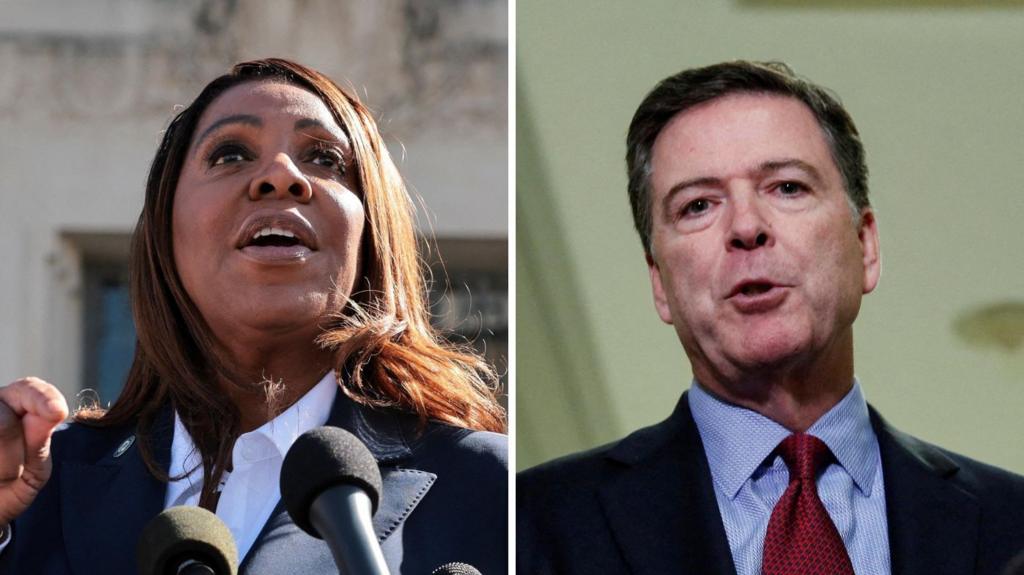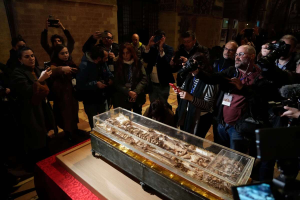A US judge has tossed out the criminal cases against former FBI director James Comey and New York Attorney General Letitia James.
The reason isn’t what you might expect. The problem wasn’t the evidence. It was the prosecutor.
Judge Cameron Currie ruled that Lindsey Halligan, the Trump-chosen prosecutor behind the indictments, was never legally appointed.
And if the prosecutor wasn’t authorised? Well, as Currie put it, “all actions flowing from (her) defective appointment… are hereby set aside.” In other words: case dismissed.
Comey and James, long-time Trump critics, said the prosecutions were political from day one.
Comey called the cases “malevolence and incompetence,” while James said she remained “fearless” despite the charges.
But is this really the end? Maybe not.
Appointment Technicality Fallout
The White House insists the underlying allegations haven’t changed and says the Justice Department will appeal.
Press Secretary Karoline Leavitt even accused the judge of “trying to shield” Trump’s opponents. Strong words, right?
So how did we get here? Halligan replaced an interim US attorney who quit after pressure from the Trump administration.

But by the time she was appointed, the legal deadline for making that appointment had already passed.
A technicality with massive consequences.
The cases were dismissed “without prejudice,” meaning prosecutors could still try again.
Will they? As Comey said, “Trump will probably come after me again.” Politics, as always, rarely ends with a clean exit.





